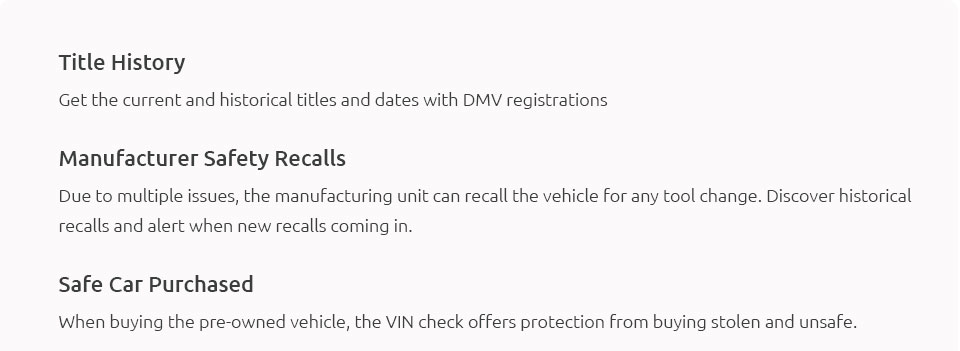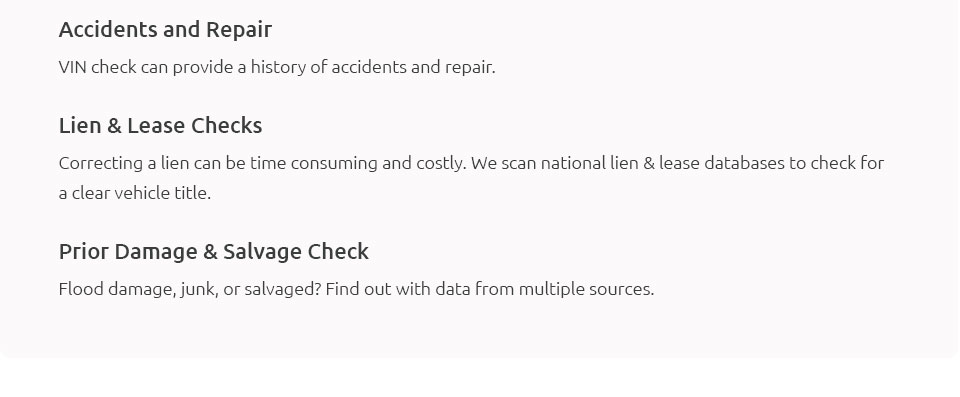 |
 |
 |
 |
 |
||
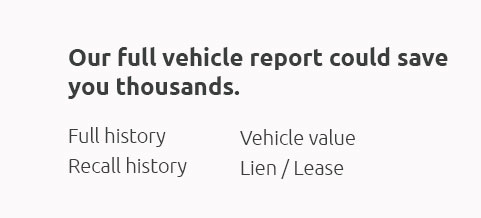 |
 |
|
 |
 |
|
 |
 |
 |
 |
||
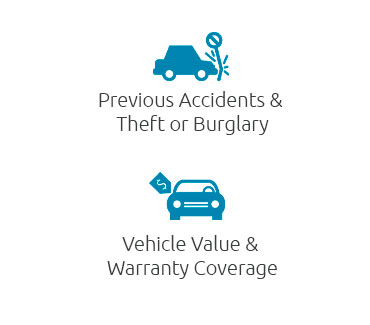 |
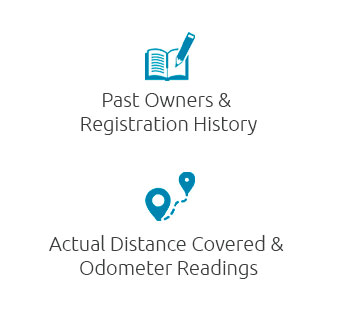 |
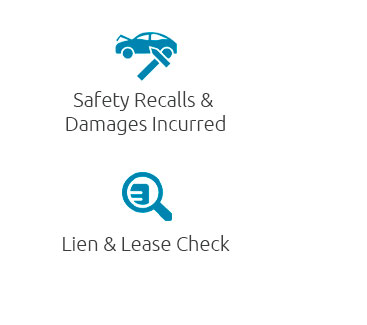 |
 |
 |
 |
||||
|
||||
 |
 |
Understanding How to Check a VIN Number for Stolen VehiclesThe Vehicle Identification Number, or VIN, is an essential tool in identifying the unique fingerprint of a vehicle. This 17-character alphanumeric code serves as a crucial resource when determining a vehicle's history and authenticity, particularly in the quest to ascertain whether a vehicle has been stolen. If you're in the market for a used car or any vehicle, understanding how to check a VIN number for signs of theft is imperative. A thorough VIN check not only safeguards your investment but also ensures you're not inadvertently entangled in legal troubles. Firstly, one should appreciate the meticulous design behind the VIN. Each character in this sequence has a specific meaning, from the country of origin to the manufacturer's details, and the vehicle's model year. This complexity makes the VIN a powerful tool against auto theft. However, knowing where and how to check the VIN is just as important as understanding what it represents. To begin, locate the VIN on the vehicle. Typically, you can find it on the dashboard on the driver's side, visible through the windshield, or on the driver's side door post. Once you have the VIN, you can proceed to perform a check using various resources. One highly recommended approach is to utilize online databases and services that offer VIN checks. Websites such as the National Insurance Crime Bureau (NICB) provide free access to their database, which helps identify whether a vehicle has been reported as stolen. It's worth noting that not all services are created equal. Some might require a fee, while others are free but offer limited information. For those in Florida, a free vin check florida can be an invaluable resource. Additionally, it is prudent to cross-reference the VIN with local law enforcement records. Many police departments offer assistance in checking the status of a vehicle. It's a step that adds an extra layer of security, especially when purchasing a vehicle in person. While conducting these checks, be on the lookout for red flags. Discrepancies in the VIN, such as characters that seem tampered with or do not match official documents, should raise immediate concern. Moreover, if the seller is hesitant to provide the VIN or offers vague explanations about the vehicle's history, it might be best to walk away. After all, a legitimate seller should have no qualms about transparency. In addition to online databases and local law enforcement, consider reaching out to professionals. Automotive experts or services that specialize in vehicle history reports can offer comprehensive insights. While this might come with a cost, the peace of mind it provides is often worth the investment. Beyond checking the VIN for theft, it’s also wise to consider broader implications. For instance, a VIN check can reveal whether the vehicle has been involved in accidents, recalls, or other significant events. This information is crucial not just for legal reasons, but for assessing the overall value and safety of the vehicle. For those looking to dig deeper into related matters, exploring topics such as how to check if a quad is stolen can provide additional insights into the world of vehicle identification and protection. In conclusion, while checking a VIN number for theft might seem daunting at first, it's a necessary step in ensuring a secure and informed vehicle purchase. By leveraging the right resources and maintaining a keen eye for detail, you can confidently navigate the used vehicle market. Remember, diligence today can prevent a multitude of issues tomorrow. https://www.corvetteforum.com/forums/c3-tech-performance/1463095-how-do-i-check-vin-for-stolen-car.html
When you run a VIN, it does search the national crime database. When a vehicle is stolen, the tags, VIN, and year make model are entered into the State system ... https://www.quora.com/How-do-you-get-your-vehicle-identification-number-VIN-checked-for-theft
Locate the VIN on the dashboard or important documents. Contact law enforcement with the VIN for a database check. Use online databases with the VIN to find ... https://reolink.com/blog/what-to-do-when-car-is-stolen/?srsltid=AfmBOoqtU_CUrrFlAIPSjmfTCTz86Cdt6BEahBlNEEl1siXUVHAk9QQd
You can track a stolen car online with the vehicle identification number. VIN not only helps you check the lost car but also plays an important role on stolen ...
|

